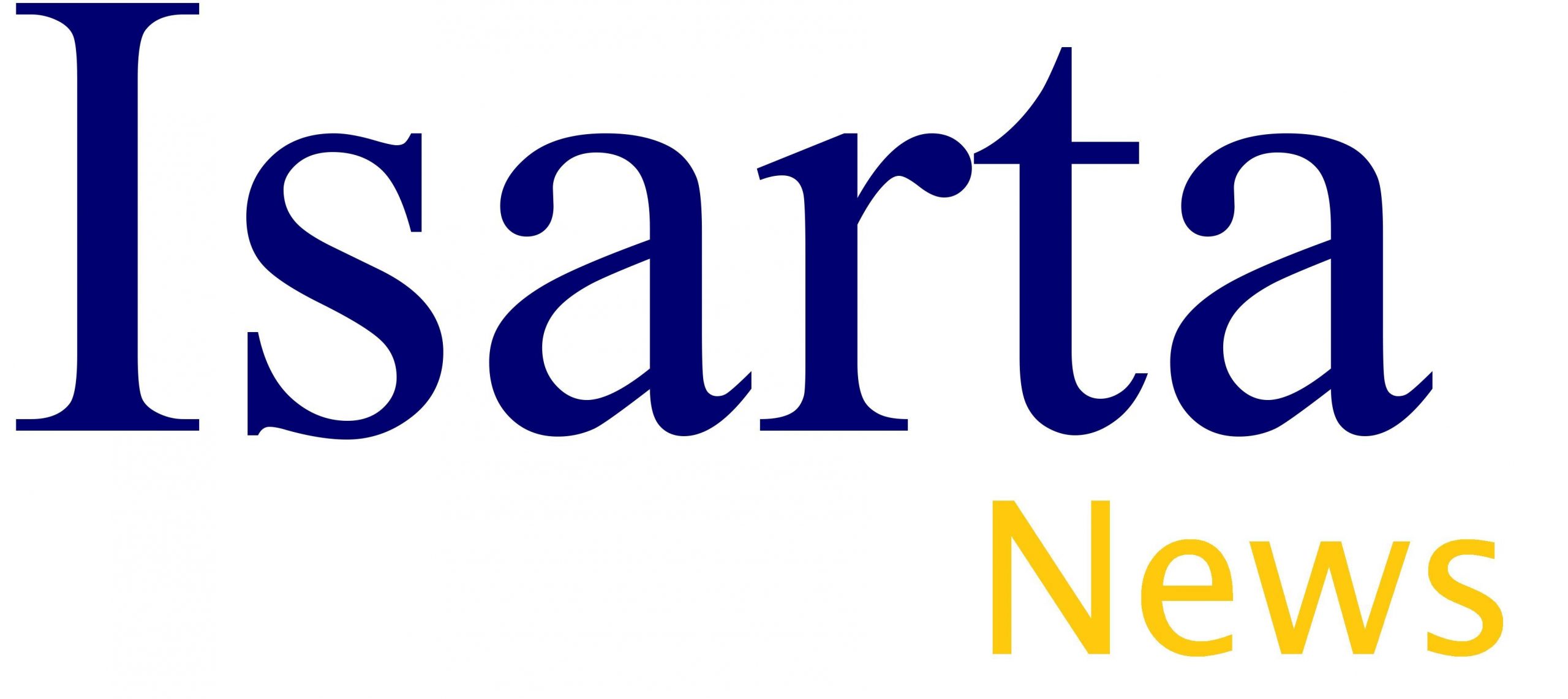Disconnecting at the end of the workday? A good practice that contributes to the digital well-being of employees and has been implemented within the Talenterie firm. Laurie Michel discusses it with the managers in the latest episode of her podcast.
The shoemakers are sometimes the worst shod. Talenterie is a boutique firm specializing in employer branding. Its leaders, Sarah Jodoin-Houle and Jimmy Côté, have always been committed to offering as much flexibility as possible to their teams, with the possibility of working from wherever and whenever they want. However, this posed the challenge of disconnection and the operational repercussions it caused (pressure, workload, digital fatigue…).
To implement the best practices they advise their clients and remain an employer of choice, they took the bull by the horns and obtained the Vivala label, developed by the digital well-being specialist Laurie Michel, establishing a real right to disconnect.
“It’s an element of the talent value proposition. And it has been beneficial with a clear return on investment,” says Jimmy Côté right away.
Identifying the Source of the Problem
The first step was to understand the origin of the issue. And, as often happens, it all starts with management.
“The problem came from us and our communication structure. We realized that it wasn’t so clear for employees that they had the right to disconnect, knowing that we ourselves worked a lot in the evening and at night,” recalls Sarah Jodoin-Houle, the founder of the company.
“We wrote in the evening, but the teams were obviously not obliged to respond instantly. However, insidiously, it forces people to respond anyway or feel bad about not responding. Everyone has their own interpretation,” adds her associate.
Sarah and Jimmy then clearly expressed their expectations in terms of response time, for both employees and freelancers.
“It relieved pressure in our way of collaborating. We must be quick to respond to our clients during consultations, but it shouldn’t be at the expense of the teams,” continues Sarah.
Zero Cost
Other actions implemented include reducing the number of platforms used internally. For example, there is now a dedicated space for team conversations. No more exchanges on Messenger! Similarly, a new project management software has been deployed to make communication easier.
“It doesn’t cost anything extra. It’s just a different way of thinking and collaborating. And we have clearly seen the gains. We are now able, for example, to acknowledge when we fall back into our old habits and remember that it should remain an exception,” concludes Jimmy.
However, both partners agree: it’s only the beginning. And, in any case, they believe that the trend in the labor market will increasingly move in this direction.




